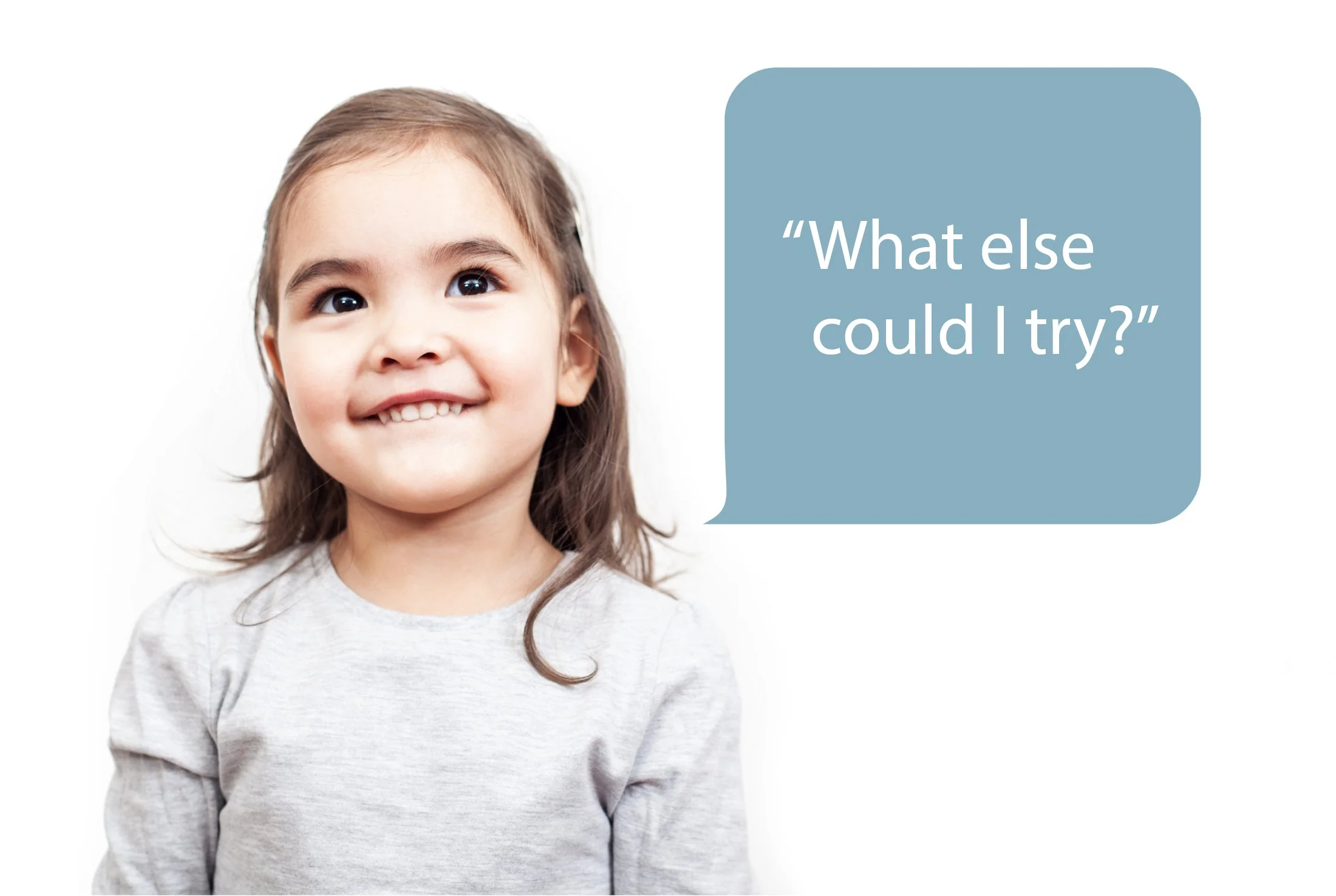The Importance of Resilience
It’s one of the best ways to protect kids from child abuse.
Resilience is the strength to bounce back from life’s challenges. Having resilience is even more important if a child has experienced bullying, abuse, or some other form of trauma. Resilience can help a child cope better and protect them from depression and anxiety.
Kids aren’t born resilient. Strong relationships are the foundation of a child’s resilience. Research shows that one caring, consistent adult can help build resilience. These relationships safeguard children from developmental disruptions and help them develop the skills needed to respond to adversity and thrive.
A resilient child is better able to “bounce back” from a traumatic experience like child abuse. Resilient people have the courage to stand up for themselves. They are willing to share feelings and ask for help when they need it.
That’s why it’s so important to cultivate resilience in every child.
Teach resilience every day.
If you have a child in your life, every day brings opportunities to build resilience. How you talk about yourself and the challenges you face can make a big difference.
Model positive self-talk.
“I’m strong enough, smart enough, and determined enough to get this done.”
Encourage self-compassion.
“I don’t have to be perfect or know all the answers.”
Reframe struggles as opportunities for growth.
“This looks difficult, but I think I can figure it out.” “When things feel hard, and I don’t know what to do, that just means I’m learning.”
Encourage problem solving.
“What do I have the power to control here?” “What else could I try?”
The next step in protecting kids:
Creating resilient communities.
Children are at the greatest risk for abuse when families are dealing with overwhelming stress. As a community, we can better protect children by addressing stressors that impact families. In Central Oregon, common family stressors include a lack of affordable housing, non-living wages, and barriers to medical care, mental health services, and childcare. It will take a community effort to address these issues. We can start by advocating for initiatives and programs that better support local families. As we create a more resilient community, fewer children will experience abuse.
What can you do to make your community resilient?
If you have a child in your life, practice cultivating resilience.
Support nonprofits that help protect children.
Get to know your neighbors, and offer support when they are struggling.
Volunteer in classrooms and community-based organizations.
Support community initiatives that promote affordability and equitable access to services.
Take a parenting education class or a child safety training and learn more about child abuse prevention.






